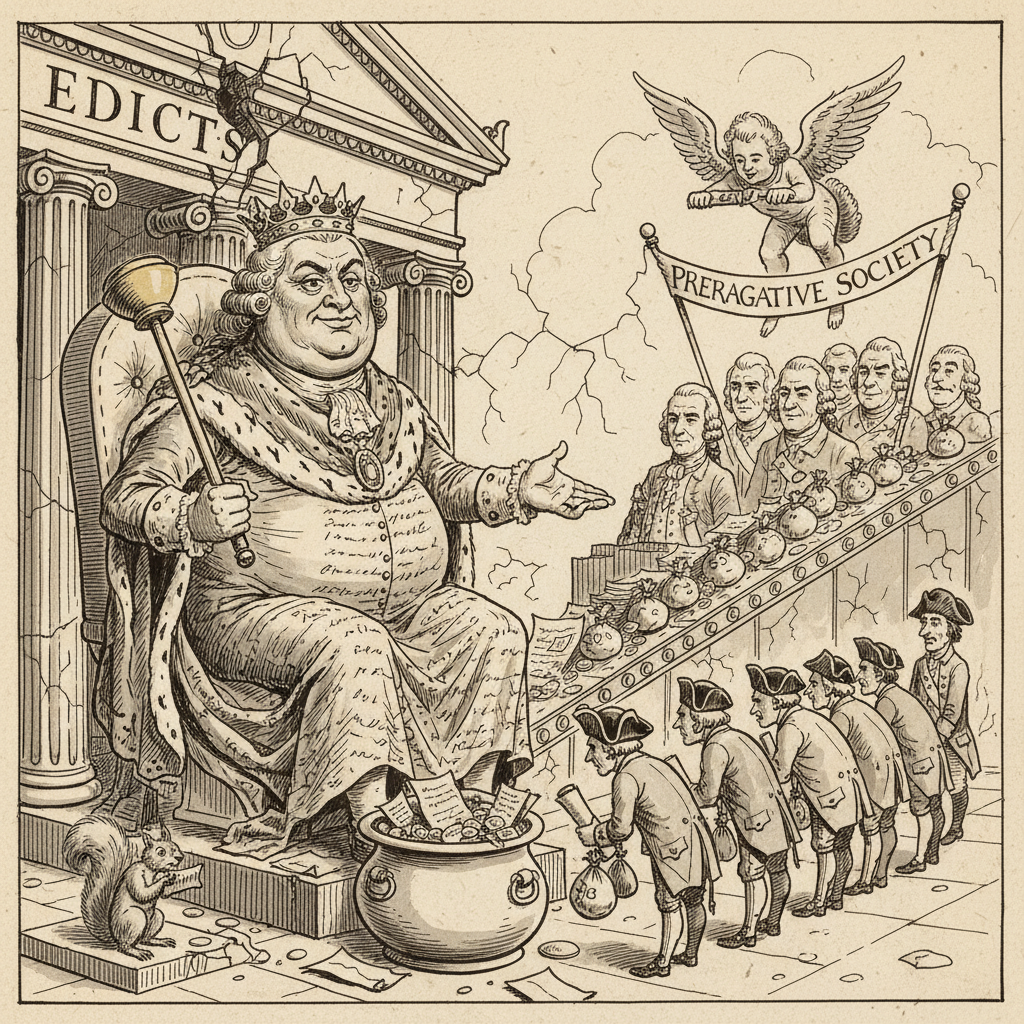A recent meeting between American representative Witkoff and a Russian envoy, occurring amidst new US sanctions on Russia, has sparked questions regarding the conduct of foreign policy.
Details:
- American representative Witkoff engaged in discussions with an envoy of Russian President Vladimir Putin, even as the US government imposed new sanctions on Moscow.
- The precise content of these discussions, a matter of considerable public interest, remains exclusively available behind a paywall, mirroring historic grievances over information withheld by Crown officials.
- Analysts are scrutinizing whether such private diplomatic overtures effectively bypass the established processes of national policy-making, much like royal directives once circumvented colonial assemblies.
Why it Matters:
Private diplomacy, appearing to subvert established national policy, echoes foundational American grievances: the Crown's historical attempts to impose its will without colonial consent. 'For who are a free people? Not those over whom government is reasonably and equitably exercised, but those who live under a government so constitutionally checked and controlled that they cannot be governed otherwise.' This is not a mere diplomatic footnote but a potent reassertion of unilateral executive authority, unchecked by public scrutiny or the legislative process. It tests the principle that governance requires consent, risking the normalization of critical foreign policy made in shadows, bypassing structures designed to safeguard accountability and liberty.
